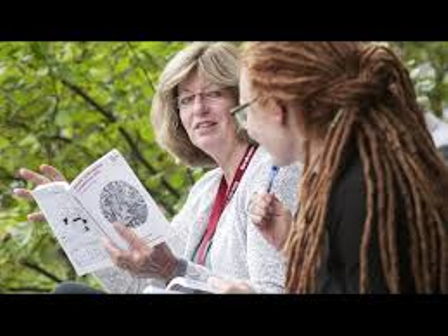Royal Geographical Society. IBG Annual International Conference 2015
Conference theme: Geographies of the Anthropocene
Within the 2015 RGS-IBG Conference in Exeter, Gian Maria Valent, Marco Tononi and Sara Bonati are organizing a session sponsored by PERG and titled: “Smart cities, limits and potentialities”.
Call for papers is now open!
Session – SMART CITIES, LIMITS AND POTENTIALITIES
Sponsored by PERG
Session convenors: Gianmaria Valent(1), Marco Tononi(1)(2), Sara Bonati(1)(3)
1- Department of Historical and Geographic Sciences and the Ancient World University of Padova, Italy
2- IRIS, Interdisciplinary Research Institute on Sustainability
3- CIERL-Centro de Investigação em Estudos Regionais e Locais, Universidade da Madeira (Portugal)
Abstract of the session
In recent years, the concepts of “smart” and “smartness” have reached a large diffusion, becoming privileged guideline in the development of spatial planning policies. In particular, these concepts encountered a growing approval in urban policy field, and especially in the management of the transition towards more sustainable models of urban development and renewal.
However, doubts on the usefulness of this approach in terms of sustainability promotion can be met in literature (Söderström, Paasche, Klauser). Indeed, the concept of “smart city” is very broad and has many meanings, sometimes at odds with each other, identifying different experiences in urban transition and renewal. In particular, smart cities projects have been used in order to reach different political, economic and social goals: for example to improve efficiency of energy networks or otherwise to promote participation in urban governance.
Given these premises, the session would host contributions that analyze the different approaches to smart city and that present positive and critical empirical examples.
In particular, we ask for papers that aim to critically evaluate experiences of smartness in terms of:
- technological interventions led by hi-tech companies, often tied to projects whose main purpose is to obtain funds for major works on energy infrastructures and/or implementation of control systems
- the social impact of growing digitization in those segments of the population that by age, education and income have not access to information technologies, analyzing also the possible consequences in terms of exclusion and gentrification
- alternative and positive experiences in which smartness is declined not only in technological or economical terms but also under the point of view of cultural creativity and participation, with attention both to society and the environment.
We also welcome contributions that discuss the topic from other perspectives.
Instructions for authors : Please send abstracts for 15-minute papers (up to a maximum of 300 words) to all convenors: gianmaria.valent@studenti.unipd.it, marco.tononi@studenti.unipd.it, sara.bonati@studenti.unipd.it by Friday, 13 February 2015.

